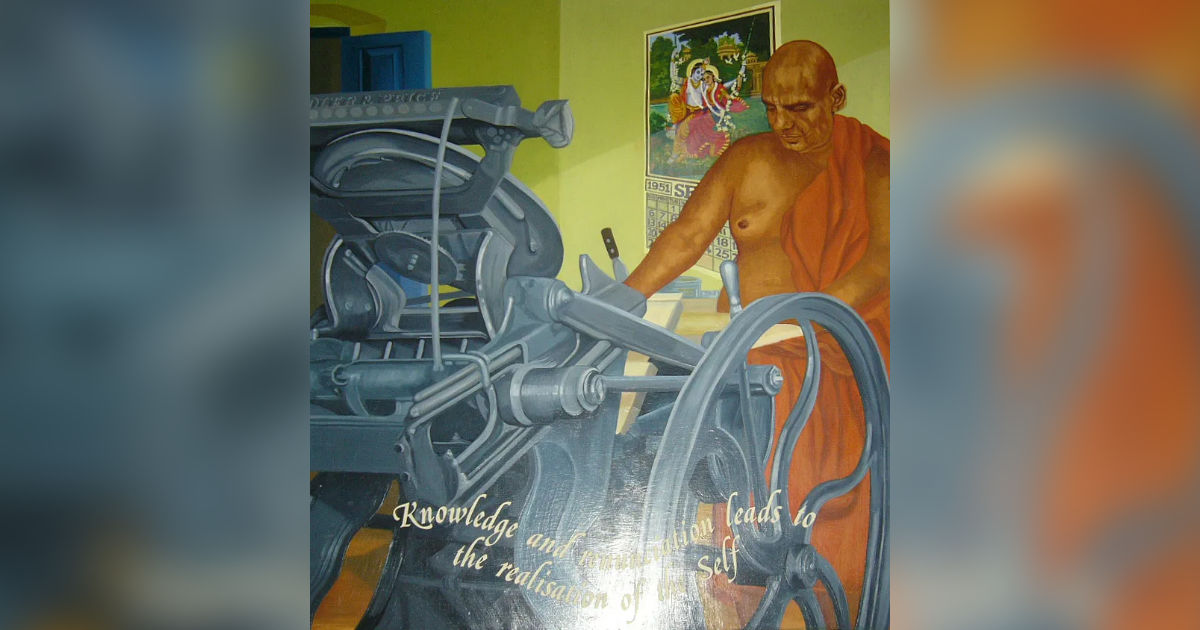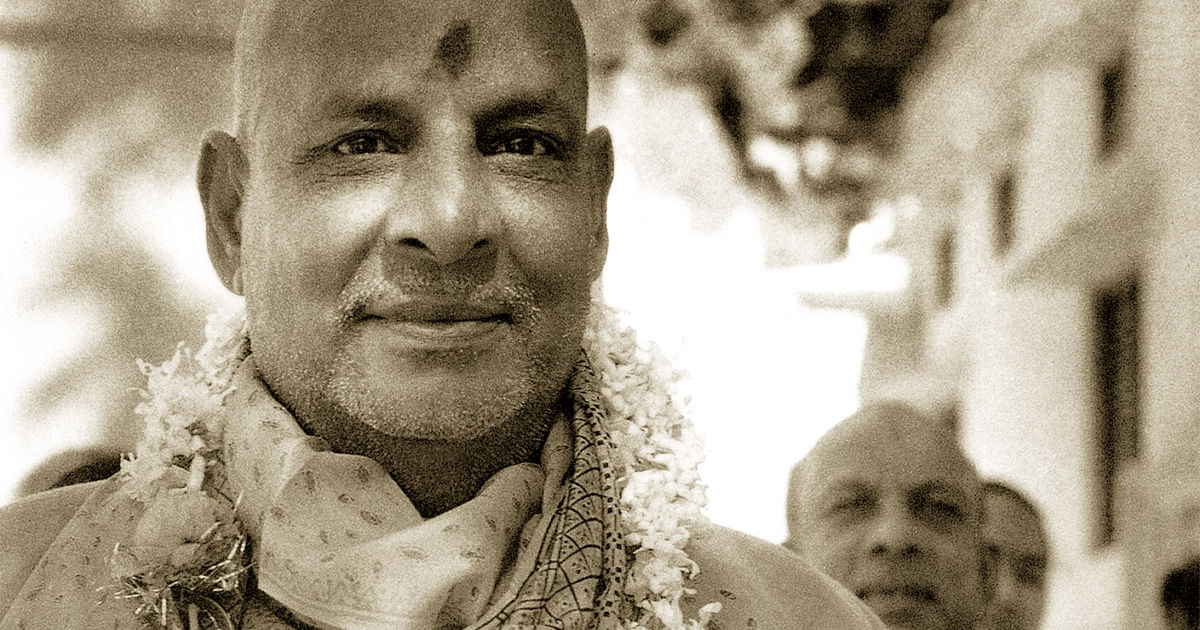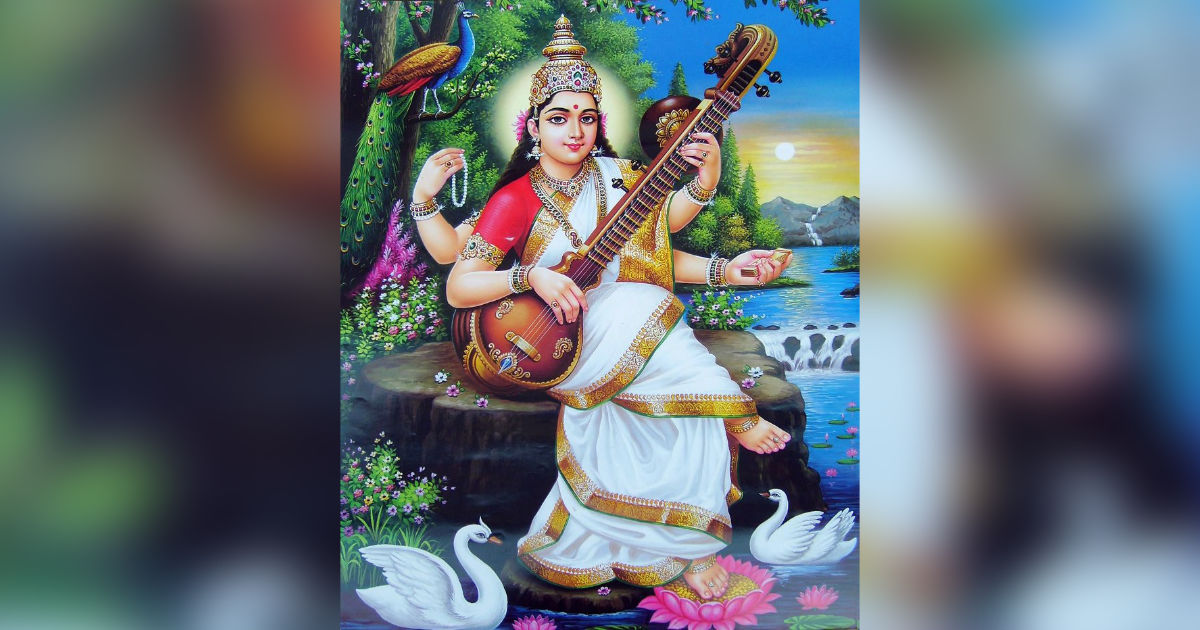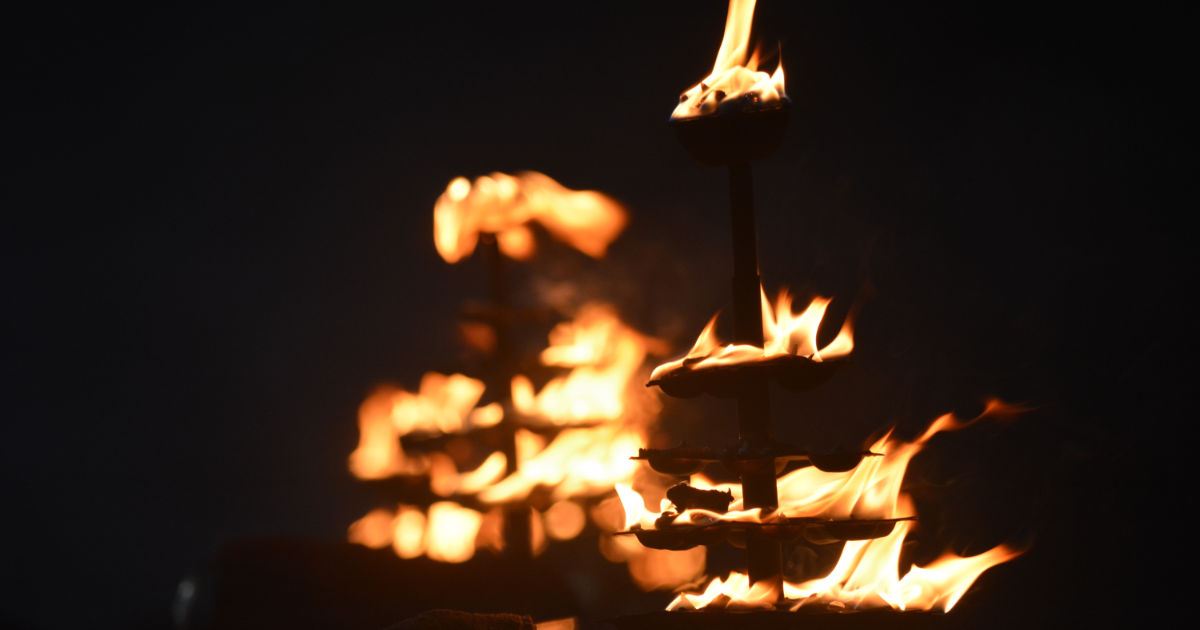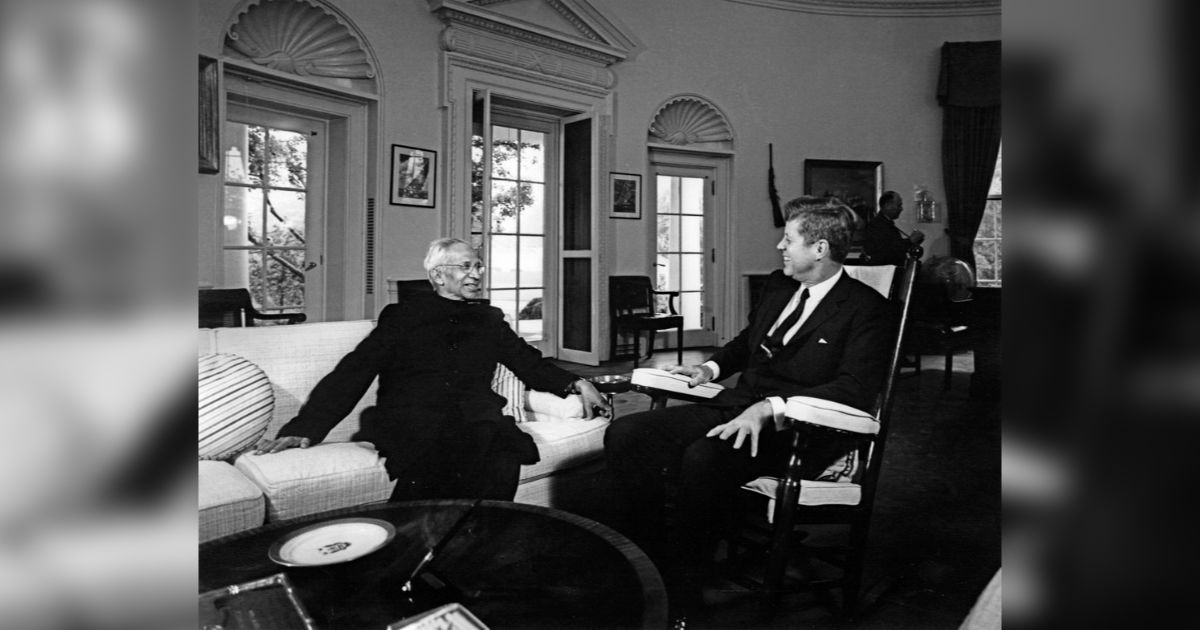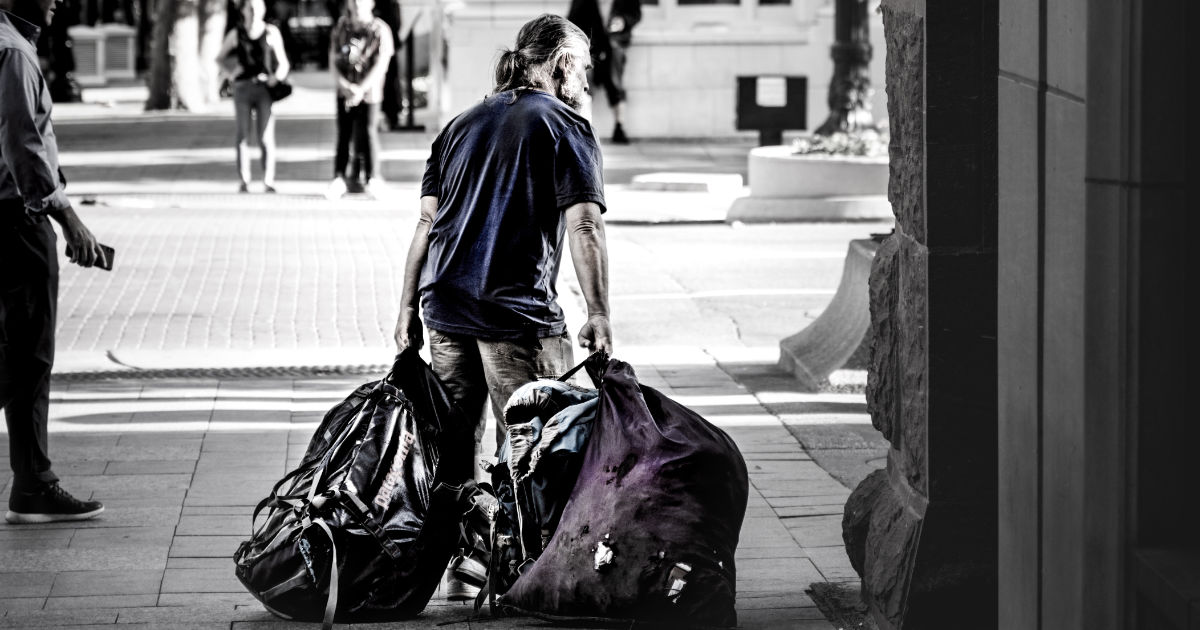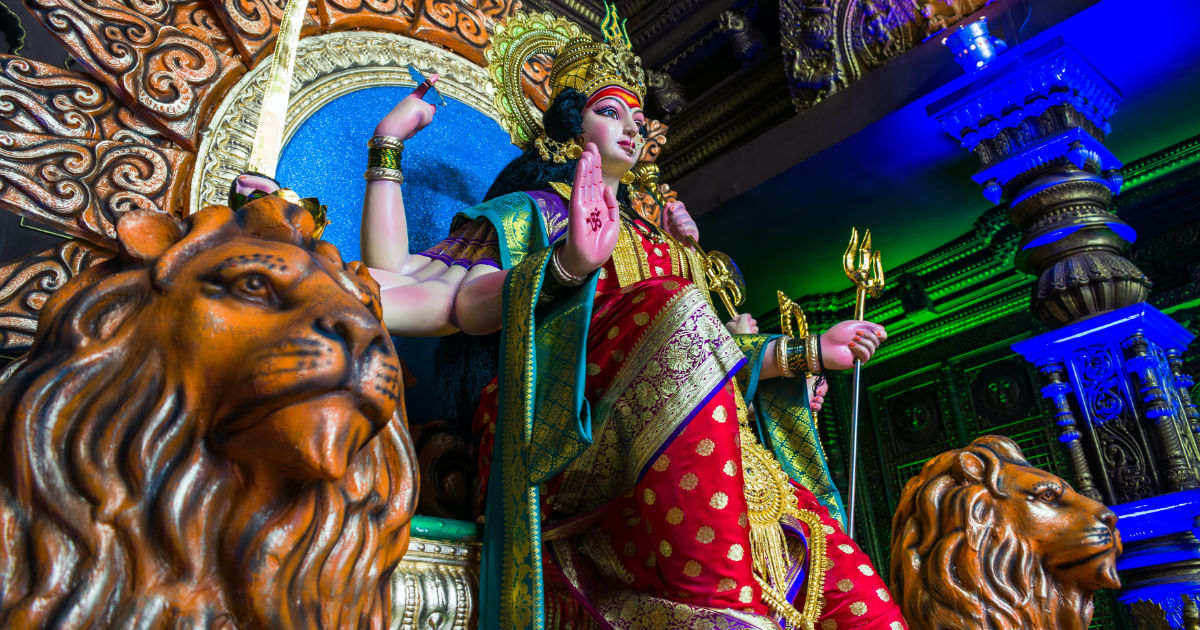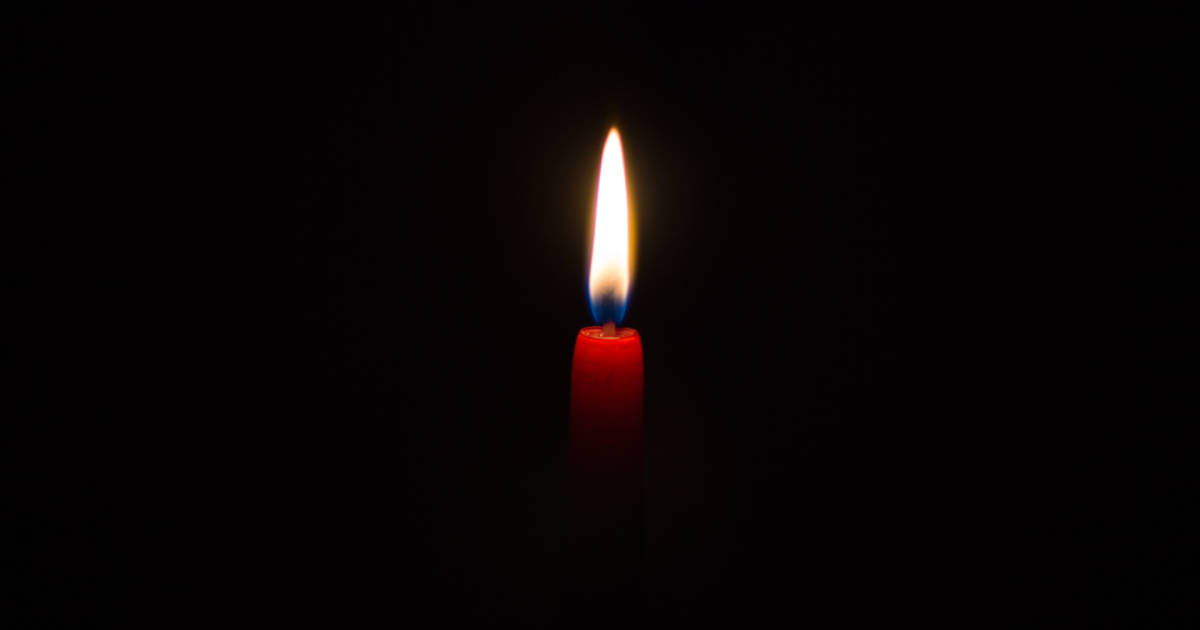Percy Bysshe Shelley is listed as a romantic poet. Romanticism in poetry is defined as the development of the individual and embracing of the natural world in poetic form. “The rich get richer and the poor get poorer,” is attributed to Percy Bysshe Shelley. He further wrote that “to him that hath, more shall be given; and from him that hath not, the little that hath shall be taken away.” Continue reading
Tag Archives: swami sivananda
679 – Spontaneous meditation
There was once a sannyasin, called Swami Yogeshwar Ananda, who had travelled to all the centers of meditation in India. Last he came to the Sivananda ashram in Rishikesh. He observed the inmates at work and there was never any time for meditation. The sannyasins were working all the time and were joyous in their tasks. After observing the inmates at work for a week, Swami Yogeshwar Ananda went to Swami Sivananda with folded hands and after touching his feet said, “I would like to spend more time with you, but there is no time for sadhana.” Continue reading
656 – Swami Sivananda’s divine gift
An ashram develops with the blessings of the Guru and his Guru’s august presence. Swami Sivananda was a Ram Bhakta and like Hanuman he always chanted the name of Rama. The Bihar School of Yoga Ashram was established by Swami Satyananda Saraswati, and all his Gurubhais established ashrams wherever they were, when Swami Sivananda left his body. Continue reading
620 – Yoga is within us
Swami Sivananda’s mission and vision was to make people aware of the divine life. He said that material stuff was only one end of the spectrum. In order to experience the evolution of our consciousness, we had to live a healthy life. A healthy life was a balanced body and mind. Continue reading
618 – Brahma Vidya
What does Vidya mean? Vidya means correct knowledge in any field of science, learning, philosophy or any factual knowledge that cannot be disputed or refuted. Its root is Vid (Sanskrit) which means to reason upon, knower, finding, knowing, acquiring or understanding. Vidya is also the name of Saraswati. Continue reading
597 – On the way to salvation
All followers of God, seek salvation.
Salvation has many meanings. We want preservation from harm, ruin and loss. We want freedom from our sins and karma. We desire liberation of our spirit. We want redemption, and restoration for ourselves and earth. We want to salvage our environment and restore it to its pristine form. Continue reading
596 – 5 sacrifices to offer
There are five sacrifices which we must offer daily and these are spoken about by all Gurus. There are five Gods also associated with the sacrifices.
- The Sacrifice to Rishi or Vedas, Rrushi Yajnya (sacrifice for the source of knowledge). Siva is source of knowledge and universal teacher.
- The Sacrifice to Devas or Deva Yajnya (protection for the environmental powers as Gods). Durga is an integration of all godly powers.
- The Sacrifice to Pitris or Pitru Yajnya (responsibility for the parents, ancestors and self-genetic system). Surya is a token of respect and remembrance to the ancestors and forefathers.
- The Sacrifice to Men or Nrru Yajyna (positive interaction with fellow human beings of the society). Ganesha is the God for this sacrifice and is associated with community activity.
- The Sacrifice to Bhutas or Bhoota Yajnya (care for the protection of biodiversity). Vishnu is the God for preserving the universe.
Each one of these has an outer and external meaning. Continue reading
594 – Hinduism explained
by Dr Radhakrishnan and Swami Sivananda
Dr Radhakrishnan is considered one of the most learned of Hindu Scholars. He was a philosopher, author, statesman and educationalist. His birthday on 5th September is celebrated as Teachers’ Day in India. He was a former President of India and a professor of Eastern Religions at Oxford university. He was also named “Knight of the Golden Army of Angels,” the Vatican’s highest honor for a Head of State. Continue reading
588 – Where the mind is without fear
Where the mind is without fear
And the head is held high
Where knowledge is free
Where the world has not been broken into fragments
By narrow domestic walls
Where words come out from the depth of truth
Where tireless striving stretches its arms towards perfection
Where the clear stream of reason has not lost its way
Into the dreary desert sand of dead habit
Where the mind is lead forward by thee
Into ever-widening thought and action
Into that heaven of freedom, my
Father let my country awake. – Rabindranath Tagore
This poem was written by Rabindranath Tagore during India’s pre-independence days. The poet is writing that a country should have people living without fear and with dignity. Continue reading
587 – Trust
Trust is a word used by us frequently and its meaning is very powerful. The first and foremost is ‘Trust in God’.
Noun: Trust means the belief that someone is good, honest and sincere. One would not be cheated or tricked by him/her. Trust also means that there is a legal arrangement by which a person looks after the wealth for somebody until they are of age.
Verb: to believe that someone is honest and will not cheat or harm one.
Trust is having faith, belief or confidence in someone. Continue reading
551 – Butterflies can’t see their wings
Butterflies can’t see their wings. They can’t see how truly beautiful they are, but everyone else can. People are like that as well. – Anonymous
Behold the joys of beauty. Admire the brilliance of the diamond in the darkest coal mine. Look at the luster of the eyes in the ugliest face. To one blessed with insight, whatever s/he sees is touched by the divine painter, who expresses himself in such infinite and ineffable beauty. – Swami Sivananda
547 – The power of worldly possessions
We all love our possessions and are happy to be possessed by them. Many of us tend to think of our loved ones as possessions. When you look at the meaning of this word, it means ownership, custody. Is it possible to own someone? What happens to us when we think of some object as belonging to us? It grasps us and we wish to have it with us, permanently. Continue reading
540 – The synergy between the Mother and Rama
Chaitra Navratri signifies the creation of the universe and the beginning of the universe and beings. Durga Ma was engaged in the procreation of the world and therefore this festival is considered to be the beginning of the Hindu year. It also demonstrates the synergy between Devi and Rama. What is our role and how can we celebrate Chaitra Navratri with our hearts and souls. Continue reading
524 – Develop the eye of wisdom
Osho spoke,
The third eye is where one puts the tilak, the vermilion mark on the forehead. It was devised as a symbol of that unknown world. This point is not in the same place for everyone. It is said that if someone has meditated for a long time in his/her past lives and has had a small experience of samadhi his/her third eye will be lower down. If no meditation has been done, the place on the forehead is higher up. It can be determined by the position of this point, what the state of one’s meditation was in one’s past life; it will indicate whether the state of samadhi ever happened to one in one’s past life. If it happened often then, this point will have come down lower, it will be at the same level as one’s eyes—it cannot go lower than that. If this point has come in line with one’s eyes, then one can enter samadhi. The happening is so small that it is insignificant.
503 – Sarvatmabhava
Swami Satyananda Saraswati wrote:
The Vedas, Upanishads, rishis and munis have told us that atmabhava, sympathy and feeling oneness with others, identifying with their woes is Sarvatmabhava, all-encompassing affection for the creatures of the whole world.
God is here and now among human beings. Look for him where he is most needed, not in the temples where people are pouring their wealth on his idol. That God is very rich but the God living among the poor and the down trodden in the guise of a lame or blind person is needy. Go and look for him in destitution, hunger and poverty. Peace of mind is there in the temples but that is not the ultimate in life. You have to search for God. You have to find him in alleys, lanes and houses. This is the duty of saints, holy people as well as house holders. It is the duty of humanity.
Even though I practiced many hard and intense sadhanas I found that I was stationary. Only when a trace of atmabhava awakened within me that I started moving on the spiritual path.


